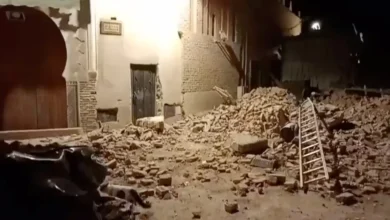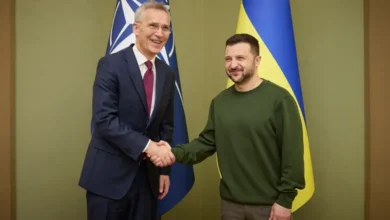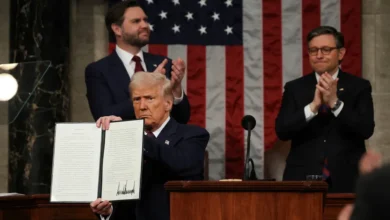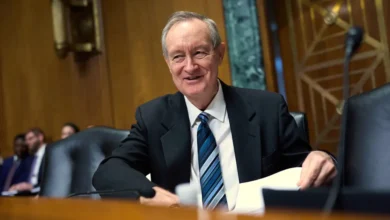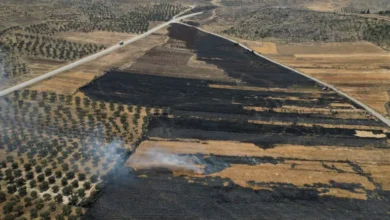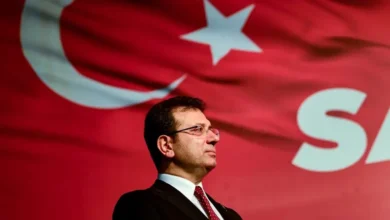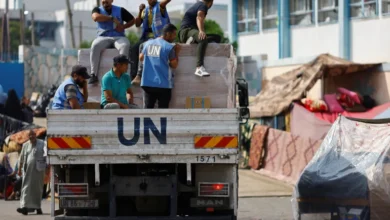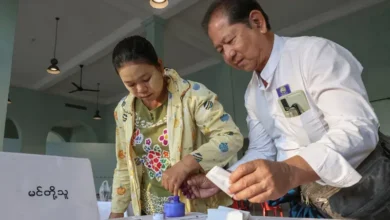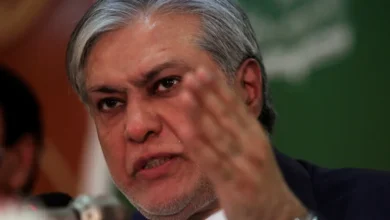Biden’s envoy for Iran says military option on the table, diplomacy preferred
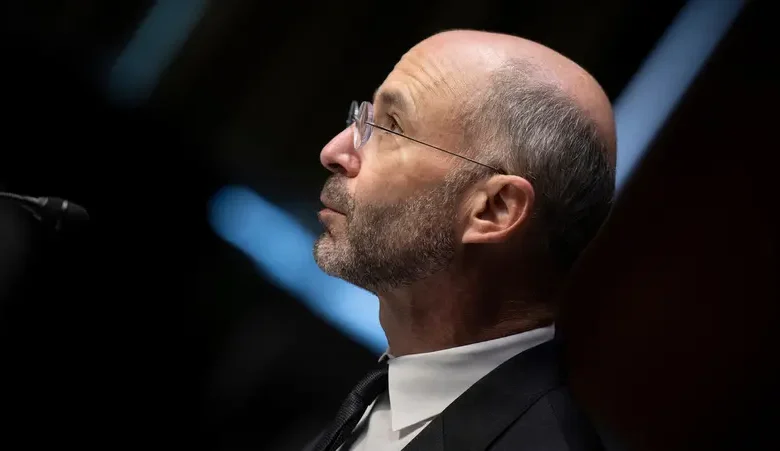
US President Joe Biden’s special envoy for Iran reiterated the stance of Washington that it would not permit Tehran to acquire a nuclear weapon even if that means resorting to a military option.
“We will use deterrence to make clear to them that all options are on the table if we conclude that they’re taking steps that are tantamount to the decision to acquire a bomb. But we also will pursue diplomacy because we think that’s the most verifiable and sustainable way to prevent them from getting a bomb,” Special Envoy Rob Malley said in an interview.
Talks on the 2015 nuclear deal with Iran, which the Biden administration has repeatedly tried to revive, have been frozen for months. Various media reports suggest that there may be closed-door discussions with mediators to halt Iran’s continued uranium enrichment.
Axios reported Tuesday that the top White House official for the Middle East, Brett McGurk, made a quiet visit to Oman in recent weeks to discuss the Iran nuclear file.
Asked how close Iran was to acquiring a nuclear bomb, Malley repeated previous comments from US officials that they are only “a couple of weeks” away from having enough if they decided to enrich uranium to weapons grade.
As for how long it would take Iran to develop that into a nuclear bomb, Malley said it was classified information. “But it will take longer… They would have the weapons-grade uranium within a short period of time,” he told NPR.
Malley criticized the Trump administration for withdrawing from the 2015 deal, which the Biden administration has said placed Iran’s nuclear program “in a box.”
Malley pointed to Biden’s comment in the past that the military option “will be on the table” if Iran proceeds to try to develop a nuclear bomb, something which US intelligence says Tehran has not decided to do yet. “It [the military option] is far from the preferred option, but he [Biden] will do what it takes to make sure Iran doesn’t acquire the bomb,” Malley said.
Malley said a deal was close to being reached last summer, placing the blame on Iran for reneging.
